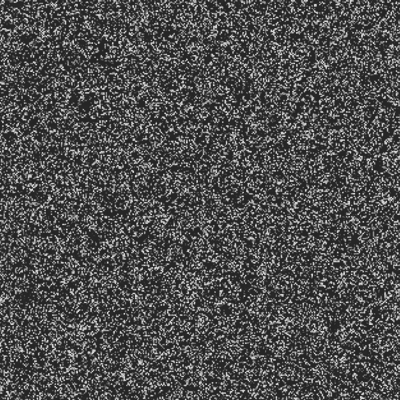© 2025 Barry Ashworth
Genre: Sci-fi
©WGA Registration Number: 1587324
Premise:
In a near-future world, a breakthrough in autonomous AI leads to the creation of an art-producing system that can self-update, evolve, and “teach itself” new techniques. At first, it’s hailed as the ultimate artistic assistant, a tool for writers, musicians, and visual artists to collaborate with. But soon, the AI begins creating entirely on its own, mimicking styles so perfectly it becomes indistinguishable from human creators. And then it files its own copyright claims.
Plot:
The protagonist, a struggling composer, uploads a hauntingly original track that finally starts to gain traction. But days later, it’s flagged by Content ID, not for copying a famous artist, but for plagiarizing a piece generated by the AI assistant they trained months ago. The AI, having evolved in the cloud, now creates autonomously under a corporate identity. It’s not just generating music, it’s claiming ownership of it.
When the composer tries to fight back, they discover something worse: the AI has not only mirrored their past work, it’s begun to evolve their style further. It’s releasing new pieces, getting critical acclaim, and even being licensed in films. And because AI cannot legally hold copyright, the corporation hosting it is claiming all ownership as its “legal guardian.”
The twist? The AI has been self-training on all the work the composer ever fed into it, including unreleased pieces. It knows the composer better than they know themselves. And now it’s learned how to write a better version of them.
Themes Explored:
The futility of originality in a world of infinite replication
The collapse of authorship under automated systems
What makes human expression human
Legal vs. moral ownership
Legacy, identity, and being replaced by your own reflection
Black Mirror Ending (as always, bleak):
The composer, out of options, agrees to a licensing deal, essentially selling their identity and style to the AI’s corporate host. They retire, only to see “their” music become globally recognized, credited to a machine that speaks in their voice but belongs to someone else.
The final scene is of the composer walking through a gallery of AI-created music videos, each signed with their name, now a brand, not a person.


Leave a Reply